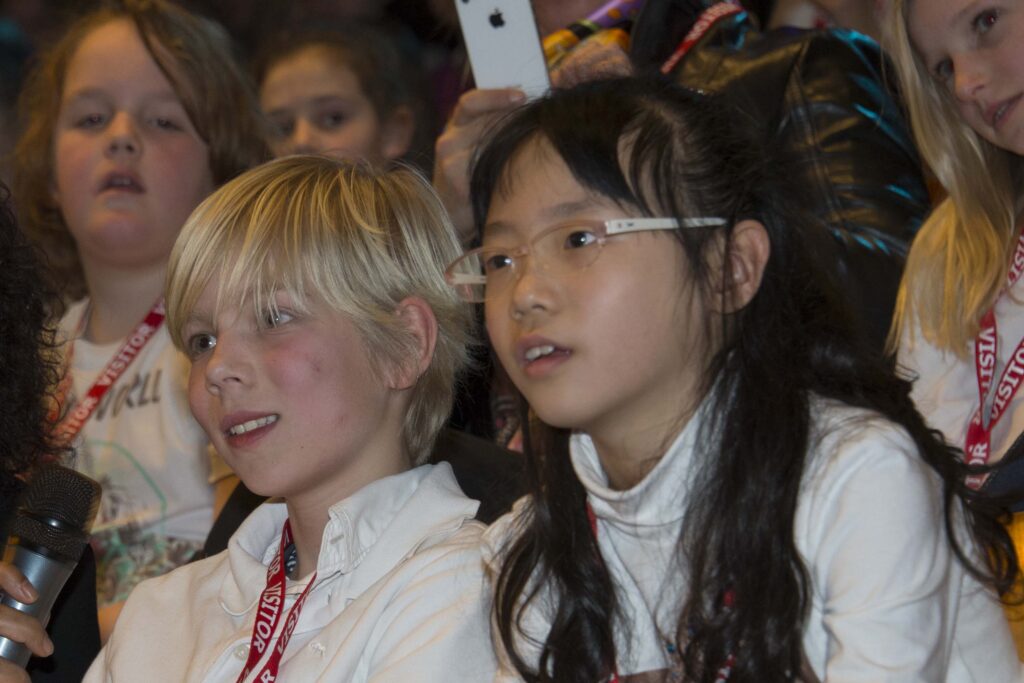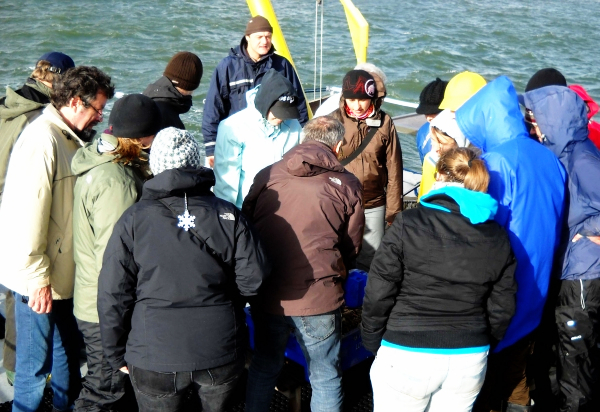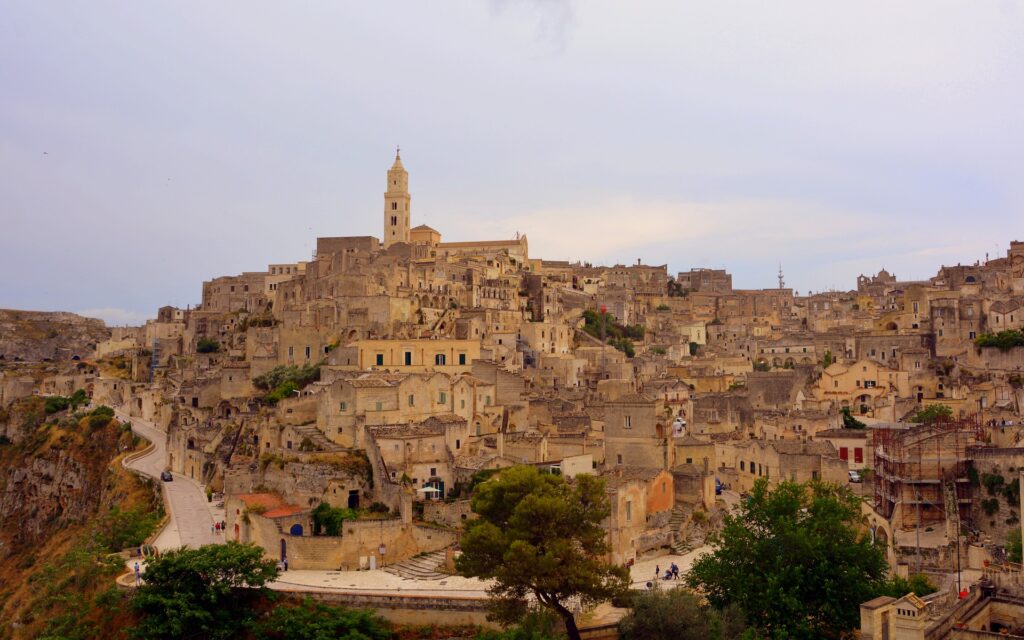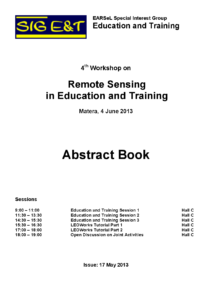4th June 2013
University of Basilicata, Matera, Italy
to be organised in the framework of the:

© ESA–A. Le’Floch

Remote sensing of the earth covers many topics that are significant for natural science disciplines in school and university curricula. Satellite imagery and data derived from satellite sensors enable studies ranging from local phenomena around schools, up to large-scale perspectives showing the diversity of nature in the various climatic regions on earth. This allows thus to point out the dependence between local and global scales. Remote sensing data are used to observe and understand actual conditions on earth, but they also ingested into models allowing the prediction of future developments (e.g., of the climate).
All relevant institutions and interested individuals are invited to participate. In particular the workshop is also addressing the Global Environment and Security (GMES) programme of the European Commission and the European Space Agency. The success of GMES services and information products, especially in the fields of environment, climate change and natural disasters depends on specific training activities which include remote sensing for earth observation as a core element.
Moreover, the workshop will focus on the planned foundation of the International Remote Sensing Academy (IRSA), initiated by EARSeL in early 2012. The goal will be to discuss the strategic framework of the Academy.
EARSeL members interested in the subject of education and training in remote sensing are encouraged to participate in the workshop and to actively contribute with their ideas and suggestions to the concept of the International Remote Sensing Academy.
Early registration with reduced fees before 8 April 2013 is mandatory for authors of oral and poster contributions. Otherwise contributions will be removed from the programme.
Topics
Presentations on the current use of earth observation as support tool for education, training and capacity building, with emphasis on the following topics:
- Earth observation for kids
- Earth observation and its associated use to support science education at schools, high schools and universities
- Environmental science as a tool in cooperative learning and teaching, in enquiry-based learning and in other educational practices for tomorrow’s schools
- Earth observation and its use as educational support in areas like biology, chemistry, geography, physics and mathematics curricula in the classroom but also in continuous individual learning
- Training activities in GMES, with a focus on environment, climate change and natural disasters, in GEOSS, and other international programmes
- Earth observation and its use for public outreach of Environmental Sciences and Global Change
Abstract Book
Committee
Workshop Chairperson
| Rainer Reuter | University of Oldenburg, Germany |
Scientific Committee
| Mario Hernandez | UNESCO, Paris, France |
| Francesco Sarti | ESA, Frascati, Italy |
| Alexander Siegmund | University of Education, Heidelberg, Germany |
Organising Committee
| Gesine Böttcher | EARSeL Secretariat |
| Rosa Lasaponara | National Research Council (CNR), Tito Scalo (PZ), Italy |
Proceedings
| Mobilising secondary school students to monitor environmental problems with earth observation data | Krištof Oštir, Nataša Durič, Aleš Marsetič, and Tomaž Rodič | 1 |
| Remote sensing education for life long learning across the East Midlands Region | Alexandra Archibald, Heiko Balzter, Rhys Cowsill, Paul Monks, John Remedios, and Teresa Smith | 11 |
| Teaching materials, encyclopaedia, easy-to-use image processing – the FIS Learning Portal on remote sensing | Roland Goetzke, Henryk Hodam, Andreas Rienow, and Kerstin Voß | EARSeL eProceedings, 12(2), 164-173 |
| Proposal: ERSA, the EARSeL Remote Sensing Academy |
Rainer Reuter | |
Venue
The 4th Workshop on Education and Training was hosted by:
University of Basilicata
Via S. Rocco, 1
75100 Matera, Italy



